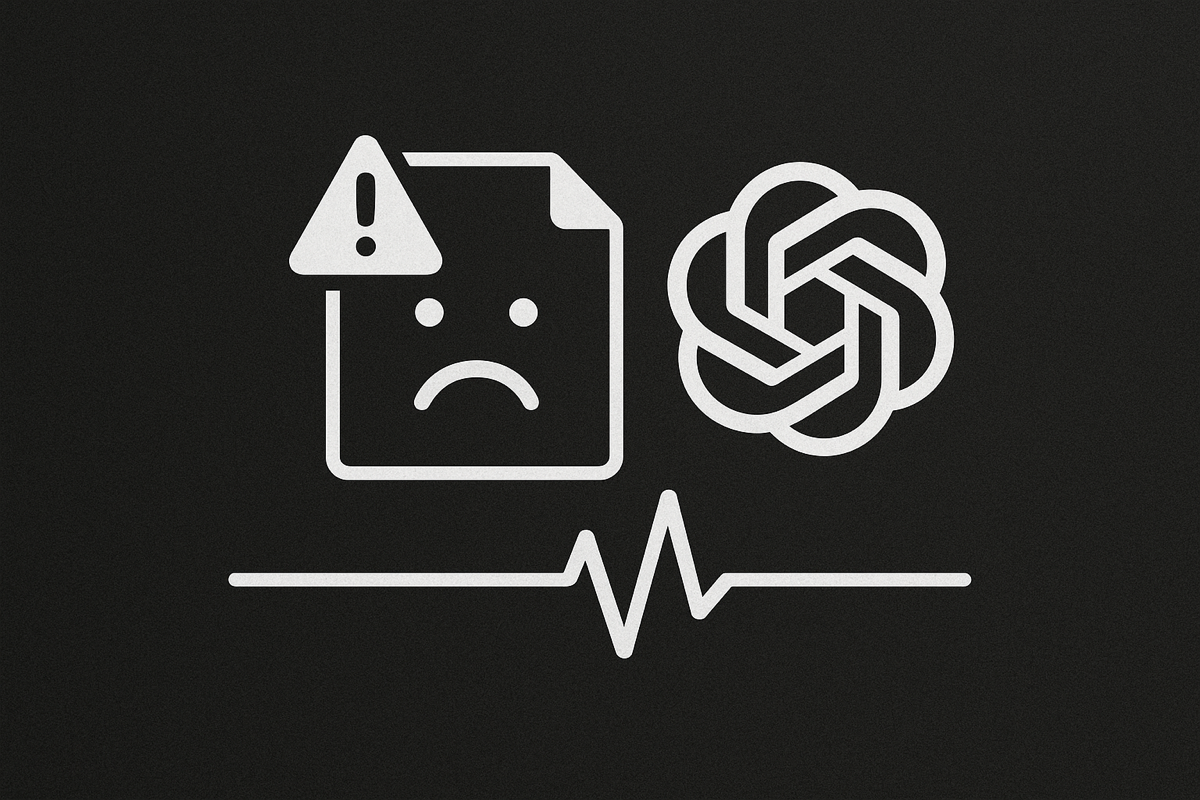If you tried to chat with OpenAI’s ChatGPT recently and found it silent, you weren’t alone. The popular AI chatbot experienced a global outage, disrupting millions of users worldwide. This unexpected downtime raised concerns and questions about service reliability for one of the most widely used AI platforms.
What’s Happening & Why This Matters
Starting at 3 a.m. ET, users began reporting issues with ChatGPT, especially in the United States, as the day started. Reports to Downdetector showed a rapid increase in complaints about errors and delayed responses. Some users briefly regained access around 6 a.m. ET, but the problems quickly returned.
OpenAI acknowledged the outage and confirmed it had pinpointed the root cause. The company is actively working on a fix to reduce errors and latency across its services. According to their official status page, engineers are implementing mitigation strategies to restore standard functionality.
Users experienced a frozen cursor on the ChatGPT interface, indicating the AI was stuck “thinking” but unable to provide answers. This issue affected both the web and app versions of the chatbot.
Interestingly, ChatGPT itself responded to queries about its status, confirming the outage and suggesting users try alternative AI tools like Google’s Gemini or Anthropic’s Claude while the service is down. This shows the AI’s programmed transparency and willingness to help even during disruptions.
This outage underscores the increasing reliance on AI-powered tools in daily workflows and the necessity for robust infrastructure to support such critical services.
As OpenAI is a leader in artificial intelligence development, this incident raises questions about the challenges of scaling complex AI systems globally. It also demonstrates the importance of maintaining clear communication during unexpected downtimes to manage user expectations.
TF Summary: What’s Next
OpenAI is working hard to resolve the ChatGPT outage and restore smooth service for its millions of users. This event serves as a reminder that even top-tier AI platforms face operational challenges as demand continues to grow. Future updates will likely focus on enhancing system stability and robustness to prevent similar interruptions in the future. Meanwhile, users can explore alternative AI tools, such as Gemini or Claude, to keep their workflows running smoothly.
— Text-to-Speech (TTS) provided by gspeech


